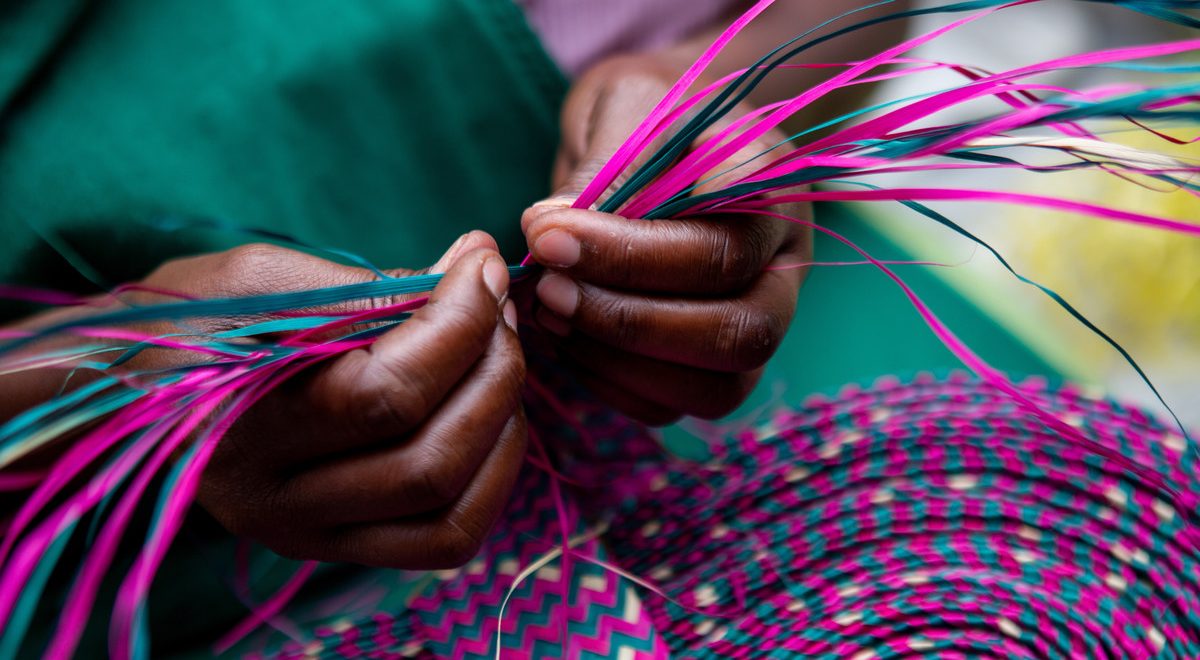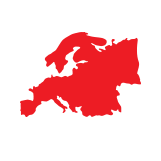ActionAid is publishing a new report based on research in 10 countries titled ‘Fifty Years of Failure- the IMF, Debt and Austerity in Africa.’ The report shows that despite shifting its rhetoric, the IMF’s practice on austerity remains unchanged and has negatively impacted development. The report highlights the following:
- Six billion people are now facing austerity, largely owing to the International Monetary Fund’s (IMF) reluctance to accept that its economic model has failed.
- African countries still have very little say in decision-making in the World Bank and the IMF, with less than 10 percent vote share in the IMF board.
- The IMF is advising cuts in public spending which are having a detrimental effect on health, education, and efforts to fight the climate crisis.
The IMF and World Bank Annual Meetings are taking place this week in Marrakech, Morocco (from October 9-15, 2023), for the first time on the African continent in 50 years and amid a lack of meaningful development despite decades of economic programs by the institutions. The reality for many Africans is that the neoliberal model championed by the IMF and World Bank has undermined development and perpetuated poverty. Fifty Years of Failure- the IMF, Debt and Austerity in Africa report demonstrates that advice given to African countries enforces the prioritization of debt repayments over crucial spending on health, education, and climate action.
Peter Kamalingin, ActionAid’s Director for Africa and Global Political and Program Strategy, said:
“The holding of the IMF and World Bank meetings in Africa presents an opportunity for a fundamental re-think of the colonial nature of the institutions. Little has changed since the structural adjustment in the 1980s, which led to a ‘lost decade’ for development. The push for austerity has failed to deliver, and there is mounting evidence that it has stifled economic growth and development across Africa.”
Despite repeated calls to address the debt crisis through more systemic interventions, the IMF continues to put the blame on individual countries, pushing austerity policies that restrict spending on health, education, and climate action across the world and Africa. This has resulted in a public sector workforce that is in crisis, with desperate shortages of nurses, teachers, and other essential workers across the continent. This is setting African countries back in their efforts to mitigate and adapt to the climate crisis.
John Nkaw, ActionAid Ghana Country Director, said:
“The time has come for African governments to chart a different path for our future, this must start with pushing back against the colonial model of economic development championed by the IMF and World Bank which is based on austerity, exploitation, and extraction from the Global South.”
Roos Saalbrink, Global Lead on Economic Justice and Public Services at ActionAid, said:
“The IMF has so far failed to acknowledge its own power and role in the harmful and gendered impacts of austerity, let alone address it. This outdated policy advice from the IMF is implicit in undermining women’s rights, as we, and many women’s groups, have documented. We really need to see an immediate stop to public sector wage bill cuts and freezes and allow for the urgently needed public investments in health, education, and responses to the climate crisis.”
The impact of these policies has been profound, especially on women and marginalized people and communities that are facing the brunt of austerity measures. ActionAid has documented the gendered impact of these cuts, with women being the first to lose access to services, the first to lose opportunities for decent work, and the first to absorb the rising tide of unpaid care and domestic work. The debt crisis is also accelerating the climate crisis – forcing countries to earn foreign currency by investing in fossil fuels and industrial agriculture.
Thokozani Chiotcha, a nurse and midwife technician in Malawi, said:
“With austerity measures, the government is unable to recruit more nurses and salaries remain low despite the rising cost of living. Worse still, we have inadequate medical supplies, and some patients are being referred to Queen Elizabeth Hospital in Blantyre which is some 200 kilometres away because we don’t provide such services here. As a nurse, I need continuous training in my work, but that is rarely happening as we keep hearing that the government does not have resources for training.”
Sarah Asiedu Ashiaman, a resident of Greater Accra in Ghana, said:
‘’Austerity has impacted my life such that the purchasing power of my family has reduced. There is a year-on-year inflation of more than 40 percent, but the salary increment of government workers has not increased to match inflation. In 2021, there was a salary increment of 4 percent, while 2022 saw an increment of seven percent. These marginal increases have reduced my family’s ability to buy. My husband who is a teacher whose salary is the main income for the family, has been working hard – but our purchasing power continues to dwindle year by year because of government austerity.’’
As the IMF and World Bank meetings kick off in Marrakech, ActionAid is calling for:
- The IMF and World Bank to facilitate debt cancellation that is equitable, rapid, comprehensive, and sizable, so that debt service does not reduce resources for health, education, other public services, and climate action.
- An immediate stop to harmful public wage bill cuts and freezes that undermine urgently needed investments in health, education, and responses to the climate crisis.
- Beyond these institutions, all governments to support a systemic solution to the debt crisis that goes beyond the common framework and is negotiated collectively rather than country-by-country, using UN decision-making spaces where African countries have more representation.
- A radical shift from outdated austerity and fiscal policies towards advancing sensible solutions to increase space for much-needed public investments, such as progressive tax reforms.
ENDS
For media requests, please email Molly.Boyle@fpmgi.com or call 202-777-3668.
We have spokespeople available in Marrakech and attending the IMF and WB meetings and the CSOs’ side events:
John Nkaw is the Country Director of ActionAid Ghana. He has 20 years of experience as a senior development professional and development economics. John is serving as the spokesperson of the Ghana Debt Justice Coalition.
Chikumbutso Ngosi is ActionAid’s International Program Manager for Young Urban Women – Life Choices and Livelihoods Programme, and she leads program design, implementation, research, and technology-driven innovations for the advancement of women and girls’ rights. Chikumbutso Ngosi is a Feminist Economics activist with over 16 years of experience in international development. She is a founding member of the Feminist Macro-Economics Alliance in Malawi.
David Archer is the Head of Programmes at ActionAid International, leading work on system change for climate justice, economic justice, public services, and women’s rights. He was the Convenor for the Action Track on Financing at the UN Heads of State Transforming Education Summit in September 2022.
Roos Saalbrink is the Global Lead on Economic Justice and Public Services at ActionAid International. Roos is a feminist and economic justice advocate passionate about creating inclusive spaces to discuss power, women’s rights, and economics. Roos has challenged the IMF’s role in maintaining a neoliberal extractive financial system built on colonial legacies and evidenced the impact that restrictive fiscal policy frameworks have on women’s rights through a feminist analysis of the current global political economy.
About ActionAid
ActionAid is a global federation working with more than 15 million people living in more than 40 of the world’s poorest countries. We want to see a just, fair, and sustainable world in which everybody enjoys the right to a life of dignity and freedom from poverty and oppression. We work to achieve social justice and gender equality and to eradicate poverty.




